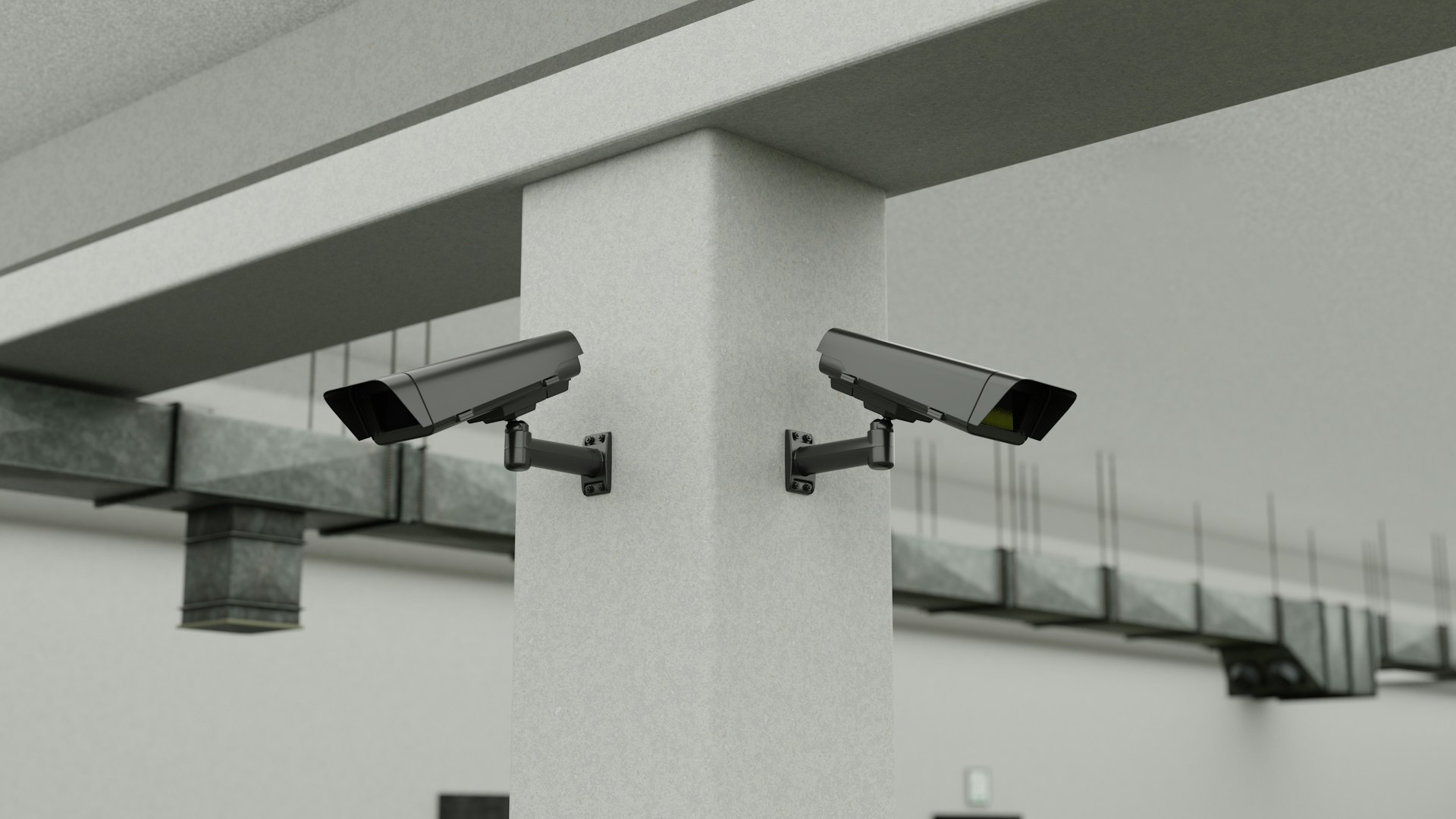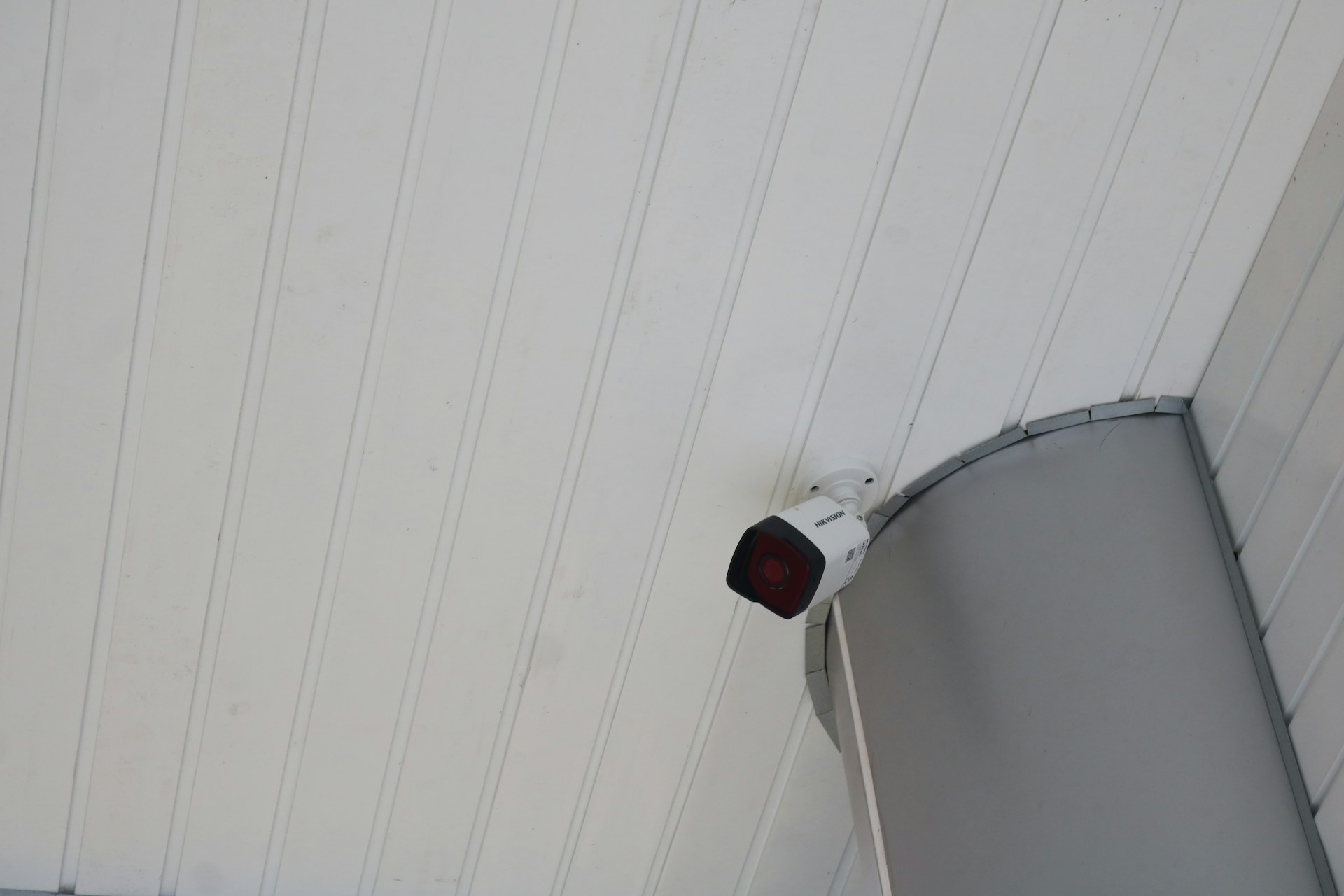When it comes to protecting your home or business, selecting the right fire alarm system is crucial. The best fire alarm systems combine reliability, advanced features, and adherence to local safety standards, ensuring you have the protection you need in case of an emergency. In the greater Houston area, numerous options cater to a variety of needs, from residential setups to commercial applications.
Understanding the key features of these systems can help you make an informed decision. You’ll want to consider factors such as alarm sensitivity, ease of installation, and maintenance requirements. The right fire alarm system not only alerts you of danger but also plays a vital role in ensuring compliance with safety regulations specific to your location.
Navigating through the vast array of products can feel overwhelming, but knowing what to look for will guide you in finding the perfect fit for your needs. Explore the top fire alarm systems that promise to enhance safety and give you peace of mind in your environment.
What Defines the Best Fire Alarm Systems
Finding the best fire alarm systems requires understanding essential features, compliance with safety standards, and knowing the different types available. Ensuring your choice meets these criteria is vital for effective fire safety in your facility.
Essential Features and Technologies
The best fire alarm systems incorporate advanced technologies for prompt detection and alerting. Key components include:
- Smoke Detectors: These identify particles from smoke, offering early detection.
- Heat Sensors: They activate when a specific temperature is reached, useful in areas with steam or dust.
- Manual Call Points: Allow individuals to report fires quickly.
Modern systems may integrate with other safety technologies, such as carbon monoxide detectors or building management systems. Features like wireless connectivity and mobile alerts enhance your ability to monitor fire safety remotely. When selecting a system for your commercial fire alarm setup, look for reliability, responsiveness, and ease of installation.
Meeting Fire Safety Standards
Compliance with local fire safety regulations is non-negotiable for any fire alarm system. These regulations ensure that the system effectively protects occupants and property. Fire alarm systems should adhere to standards set by organizations such as the National Fire Protection Association (NFPA) and local codes specific to the Houston area.
Regular inspections and maintenance are also crucial to ensure your system remains operational and compliant. Failure to meet these standards can result in penalties and jeopardize the safety of those in your building. Ensure your chosen system has a proven track record in fire safety compliance.
Types of Fire Alarm Systems
Understanding the differences between fire alarm systems can guide your decision. The two primary types are:
- Conventional Systems: These provide basic coverage and segment areas for simplicity. They're suitable for smaller buildings.
- Addressable Systems: More advanced, these identify the exact location of an alarm. This allows for quicker response times, making them ideal for larger or more complex structures.
Consider the specific needs of your facility when choosing a system. Each type has unique advantages that can optimize your fire safety strategy in commercial applications.
Key Fire Alarm System Components
Understanding the essential components of fire alarm systems is crucial for ensuring safety in any environment. Each component plays a vital role in detecting fire, alerting occupants, and facilitating evacuations.
Smoke Detectors and Sensors
Smoke detectors are critical in any fire alarm system. They function by sensing smoke particles in the air, which indicates a potential fire. You can choose from various types, including ionization and photoelectric smoke detectors.
- Ionization detectors are more responsive to flaming fires, while
- Photoelectric detectors excel in detecting smoldering fires.
Install these devices in key locations, such as hallways and near sleeping areas, to maximize effectiveness. In addition to traditional smoke detectors, heat sensors can be integrated to provide an additional layer of safety. Regular maintenance is essential to keep these detectors responsive and ensure your home or business is protected.
Manual Call Points and Panic Buttons
Manual call points, often referred to as pull stations, serve as an important line of defense in emergencies. You can find these strategically placed throughout buildings, allowing you to trigger the fire alarm system manually.
- Dual action manual call points require two actions to activate, reducing the chance of accidental triggering.
These devices are particularly useful in larger spaces, where immediate alerting is critical. When you notice smoke or fire, activating a manual call point ensures that everyone in the vicinity is warned promptly. Additionally, integrating fire alarm panic buttons can provide immediate evacuation signals, enhancing safety during a crisis.
Sirens and Visual Alerts
Sirens and visual alerts are essential for ensuring that everyone in the vicinity hears the alarm. A standard fire alarm system includes a 105dB siren, which produces a loud sound that penetrates through background noise.
You may also enhance your system by incorporating super-bright LEDs. These visual alerts can be particularly effective for hearing-impaired individuals and in noisy environments.
Having both audible and visual alarms ensures that the fire alarm system is accessible to everyone. Regular testing of these alarms will ensure they function efficiently in the event of an emergency, providing you with peace of mind.
Top-Rated Fire Alarm Systems in 2025
When considering fire safety in 2025, a few systems stand out due to their advanced features and reliability. These systems include the Honeywell Notifier and QWORK Wired Emergency Stations, both engineered to meet rigorous safety standards. Here’s a closer look at these top contenders.
Honeywell Notifier and Advanced Solutions
Honeywell Notifier systems are known for their comprehensive fire alarm solutions tailored for commercial properties. Their technology integrates adaptive software that enables smart detection and rapid alerts.
You can expect features such as:
- Seamless Integration: Works with various building management systems.
- Advanced Notification: Sends alerts to your mobile devices for real-time updates.
- Scalability: Ideal for both small installations and expansive commercial properties.
This flexibility allows you to customize the system according to your needs, ensuring optimal safety measures are always in place.
QWORK Wired Emergency Stations
QWORK Wired Emergency Stations are gaining attention for their reliability and ease of use. These systems provide critical connectivity in emergencies and are designed for commercial settings.
Key features include:
- Robust Design: Built to withstand challenging environments.
- User-Friendly Interface: Easy activation and status checking.
- Quick Response Time: Instantly alerts authorities upon activation.
Their emphasis on straightforward operation makes QWORK an excellent choice for businesses looking to enhance their emergency response capabilities. This is particularly important in densely populated areas like Houston.
Leading Brands and Manufacturers
In addition to Honeywell and QWORK, several leading manufacturers set the standard in fire alarm technology. Notable brands focus on combining innovative designs with advanced functionality.
Brands to consider include:
- Potter Electric: Known for durable, high-performing systems.
- SimplexGrinnell: Offers comprehensive service and support for installations.
Investing in established brands ensures you receive quality products that comply with safety regulations. Companies dedicated to research and development often lead the industry in safety and efficiency, providing peace of mind for your fire safety needs.
Installation, Integration, and Maintenance
Understanding the nuances of installation, integration, and maintenance is essential when selecting the best fire alarm systems. Proper setup and ongoing management ensure your system operates effectively, providing essential safety and compliance.
DIY Versus Professional Installation
Choosing between DIY installation and hiring professionals largely depends on your expertise and comfort level. While DIY can save costs, it requires a thorough understanding of local codes and installation best practices.
Professional installation guarantees adherence to regulations and optimal system functionality. Certified technicians are familiar with various fire alarm systems, ensuring reliable integration and emergency readiness. For your greater Houston area property, collaborating with local experts can significantly reduce installation risks.
Smart Integration Capabilities
Modern fire alarm systems often feature smart integration capabilities, connecting with other security and safety systems. This integration allows for real-time monitoring and alerts via smartphones or other devices.
With interconnected systems, you can enhance your facility's overall safety. Integrated solutions can streamline responses during emergencies, ensuring timely alerts to both occupants and emergency services. Choose systems that offer compatibility with existing technologies for a seamless experience.
Dual Power Sources and Reliability
Reliability is paramount in fire alarm systems, making dual power sources a valuable feature. Many systems come with both primary and backup power options, ensuring continued operation during power outages.
Implementing dual power sources can significantly enhance system resilience. In the greater Houston area, frequent weather disruptions necessitate robust solutions. This redundancy helps guarantee that your fire alarm remains functional, safeguarding lives and property even in challenging conditions.
Choosing the Right Fire Alarm System for Your Needs
Selecting a fire alarm system requires careful consideration based on purpose, scalability, and budget. By understanding the specifics of your situation, you can make an informed choice that prioritizes safety and compliance.
Residential Versus Commercial Applications
When choosing a fire alarm system, it’s crucial to distinguish between residential and commercial needs. Residential systems typically include smoke detectors and basic alarms designed for small spaces. These systems focus on quick detection and alerting occupants.
Commercial fire alarm systems, on the other hand, must comply with stricter regulations due to larger occupant loads and complex layouts. They often feature addressable systems that allow for precise location identification of hazards. Such systems provide scalability to adapt to future expansions or modifications in your property.
Compliance, Scalability, and Future-Proofing
Compliance with local fire safety regulations is essential for any fire alarm system you choose. Review codes specific to the greater Houston area to ensure your system meets all required standards.
Scalability is another key factor, especially for businesses anticipating growth. Look for fire alarm systems that can be easily expanded or upgraded without major overhauls.
Future-proofing your choice can save you money in the long run. Opt for systems that incorporate modern technology, such as mobile alerts and monitoring, ensuring you remain compliant as regulations evolve.
Cost Considerations and Value
Budget constraints often influence your fire alarm selection. Assess both upfront costs and long-term value.
Commercial systems typically require larger investments due to their complexity and additional features. Yet, skimping on quality can lead to higher costs later through non-compliance fees or system failures.
Evaluate service contracts and maintenance plans, as these can significantly impact overall costs. Investing in reliable systems may also reduce insurance premiums, providing further value to your expenditure.
Understanding these financial dynamics will help ensure your fire safety investment aligns with your operational goals.
Frequently Asked Questions
Choosing the right fire alarm system involves understanding the top products available, their reliability, and the brands leading the industry. This section addresses specific questions regarding features and recommendations, providing clarity to help you make an informed decision.
What are the top-rated fire alarm systems currently on the market?
Some of the top-rated fire alarm systems include the Nest Protect, First Alert Onelink Safe & Sound, and Kidde i9010. These systems are praised for their advanced features, reliability, and user-friendly interfaces. Each of these options offers unique benefits tailored to different safety needs.
Which smoke detectors offer the reliability of a 10-year battery life?
Many modern smoke detectors, such as the First Alert BRK 3120B and Kidde RF-SM-DC, provide a 10-year battery life. This long-lasting feature ensures that you won’t need to replace batteries regularly, contributing to consistent safety over time.
Can you list the most trusted brands in fire alarm technology?
Trusted brands in fire alarm technology include Kidde, First Alert, and Nest. These companies have established themselves through years of commitment to quality, safety, and technological advancements in fire detection and alarm systems.
What are the best smoke detectors according to expert reviewers?
Expert reviewers often highlight the Kidde 10-Year Worry-Free Smoke Alarm and the First Alert SA511CN2-3ST as some of the best smoke detectors. Their reliability, ease of installation, and additional features make them highly recommended choices for homeowners.
Which smoke and carbon monoxide detectors are recommended for home safety?
The combination units like the Nest Protect and the First Alert Onelink Safe & Sound are frequently recommended for home safety. These systems effectively detect both smoke and carbon monoxide, providing comprehensive protection for your family.
What features should I look for when choosing a hardwired smoke and carbon monoxide detector?
When selecting a hardwired smoke and carbon monoxide detector, look for features such as battery backup, interconnected alerts, and a voice alert system. These features enhance safety by ensuring you receive timely notifications during emergencies even if the power goes out.
.svg)



.svg)


.svg)



